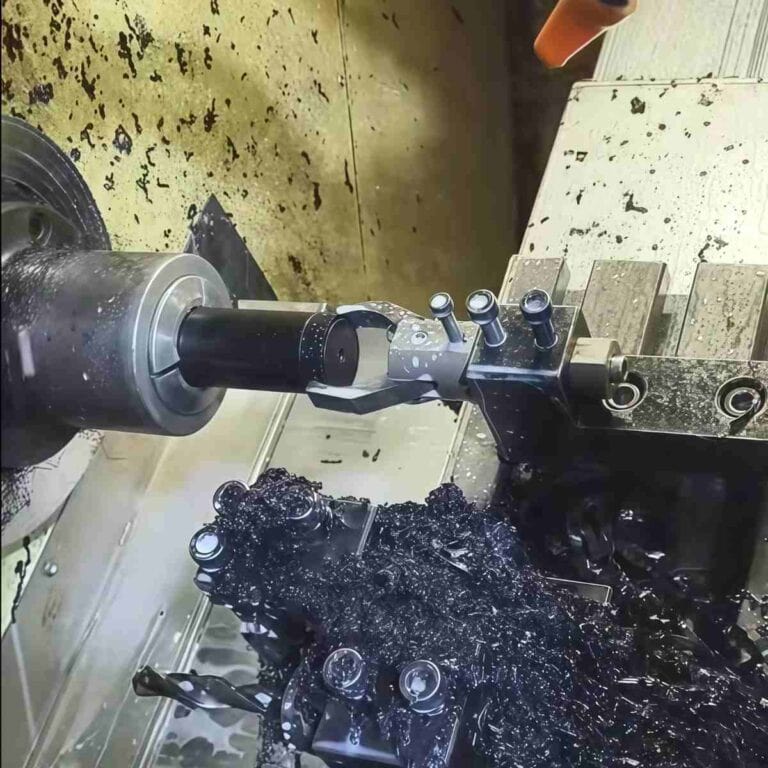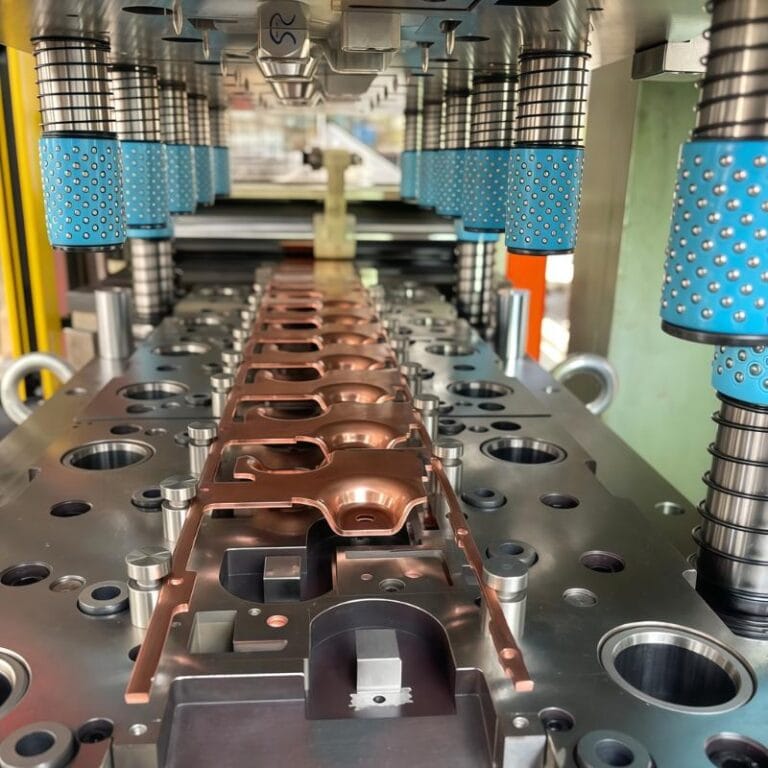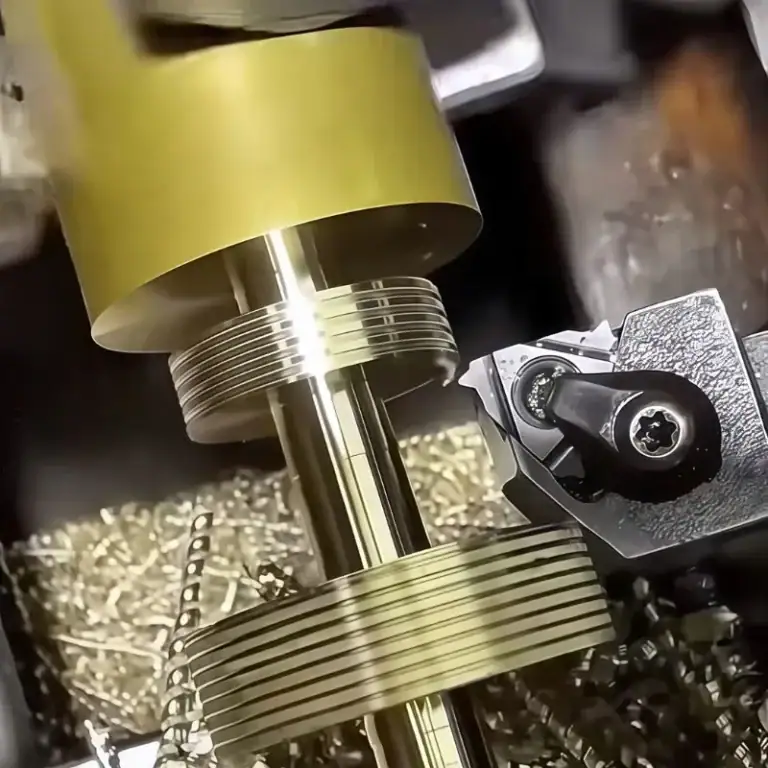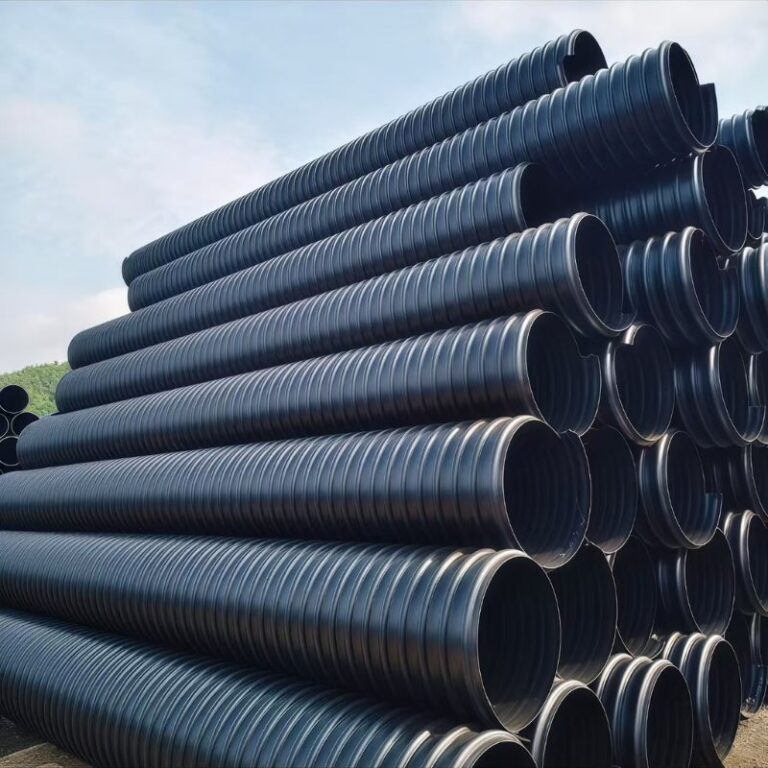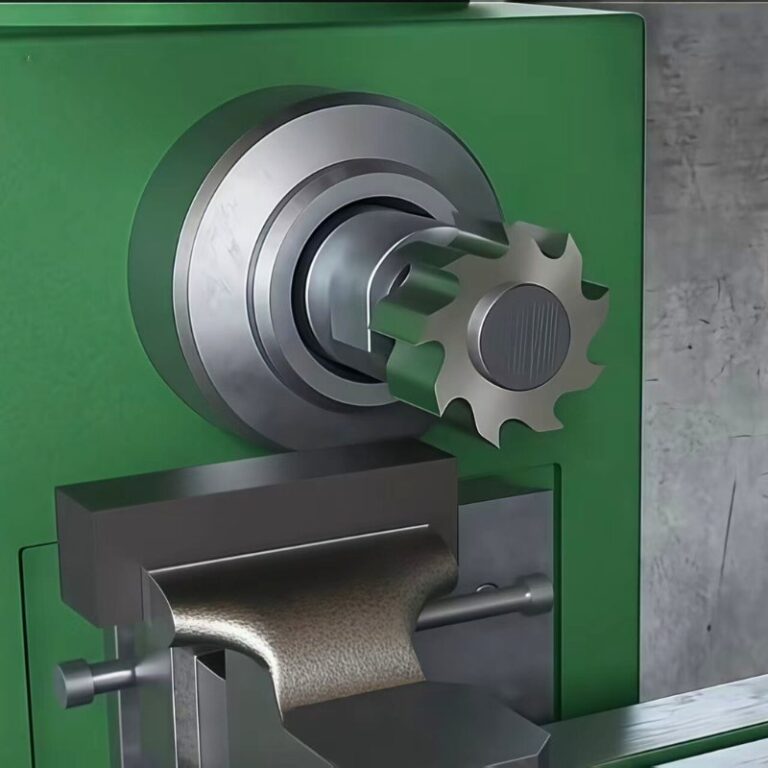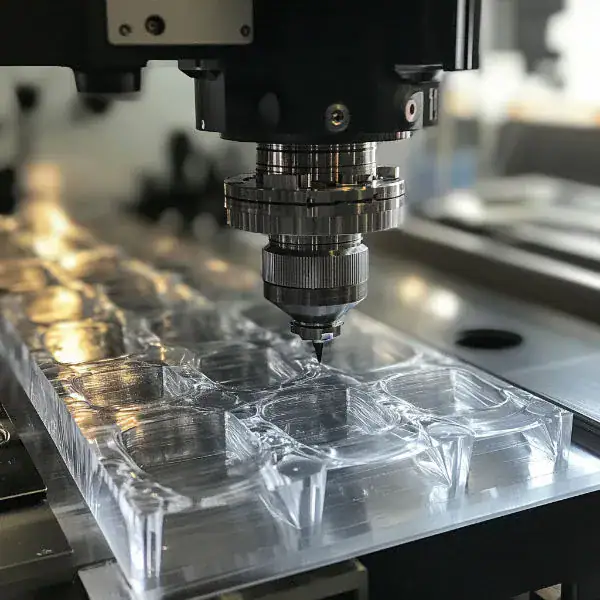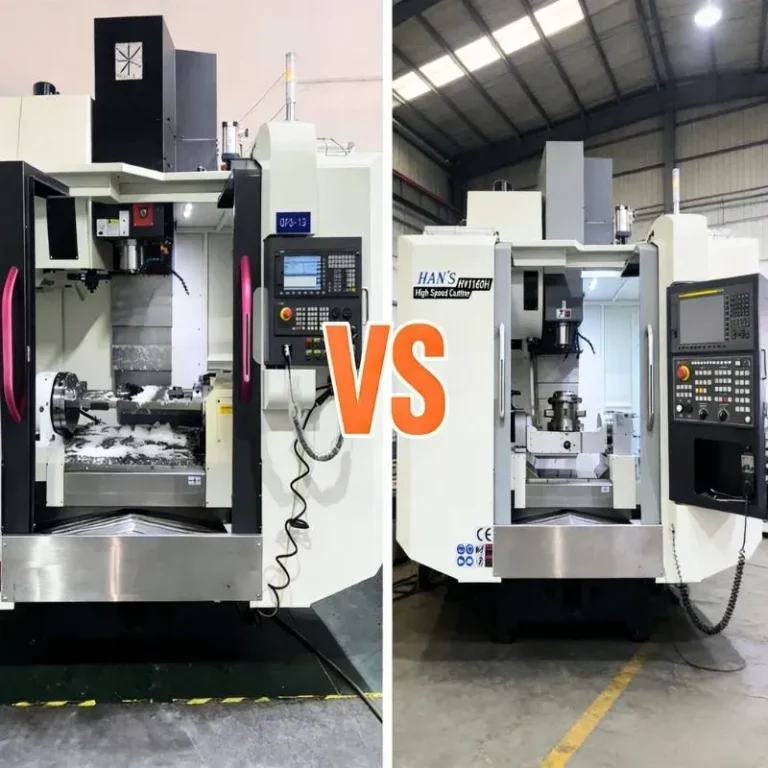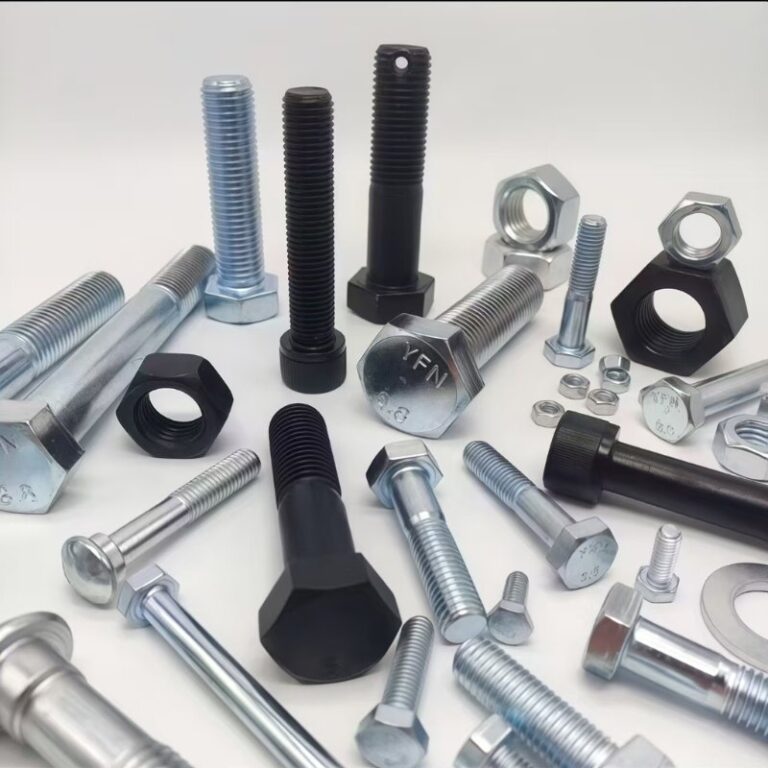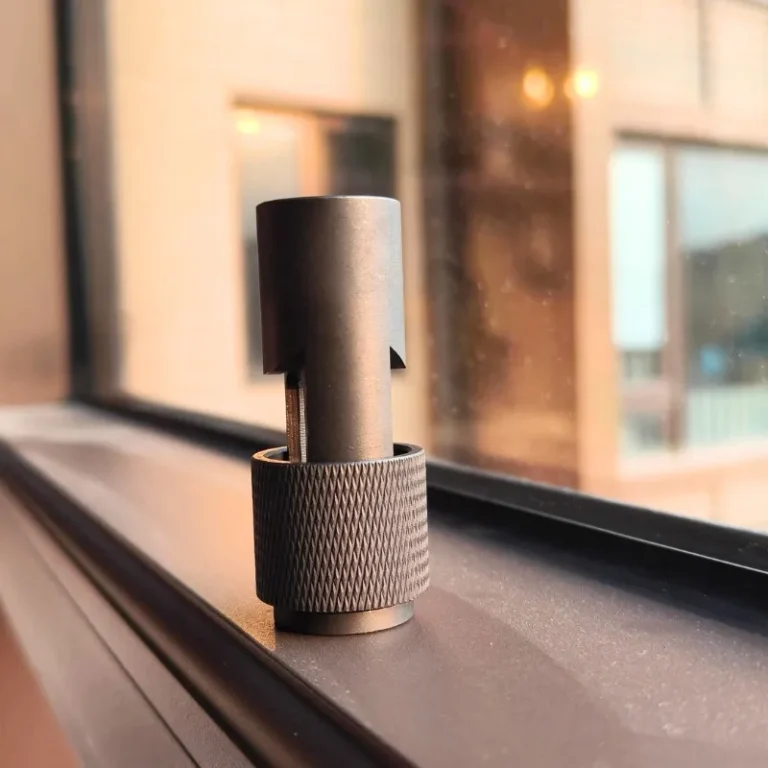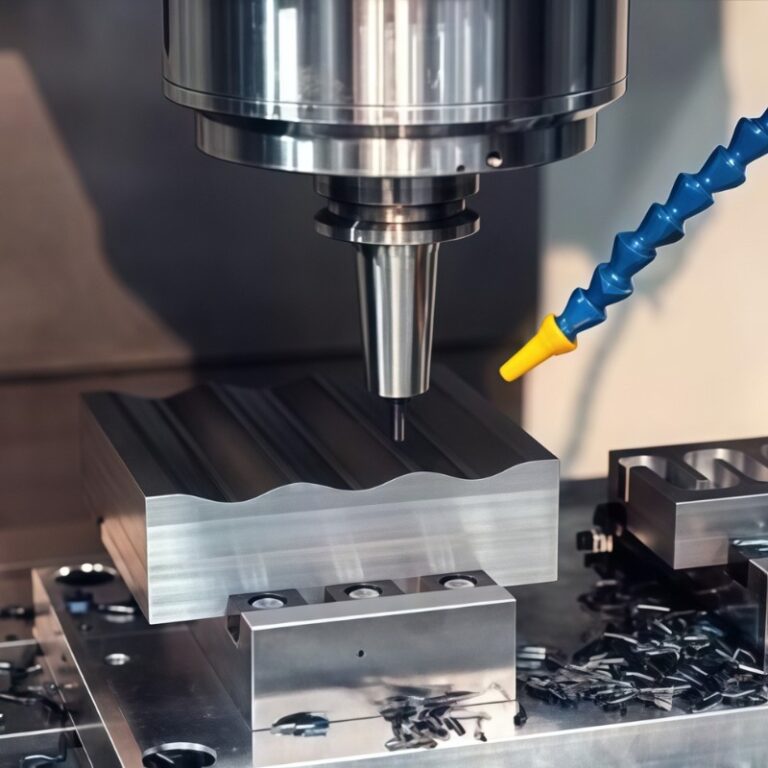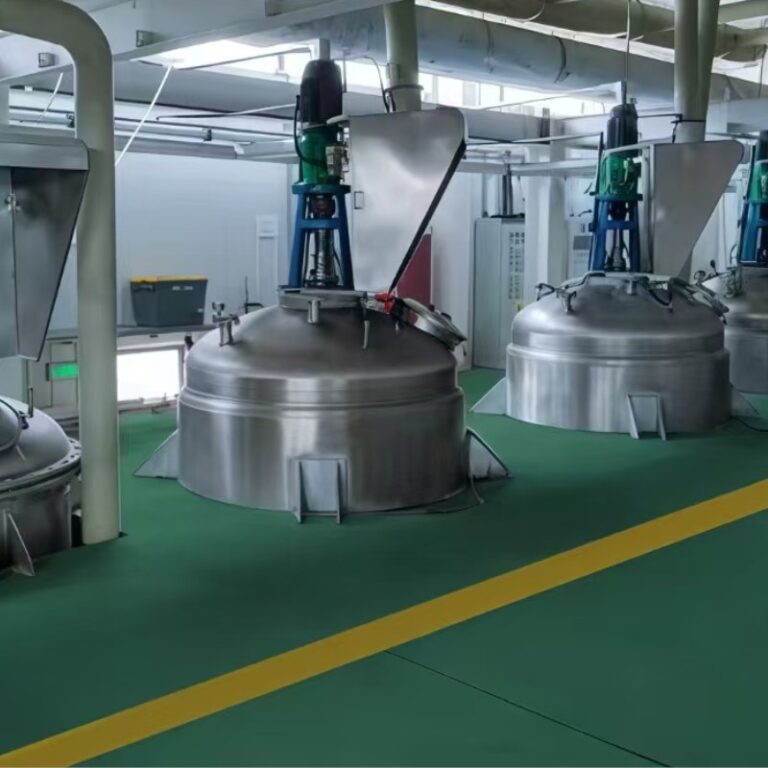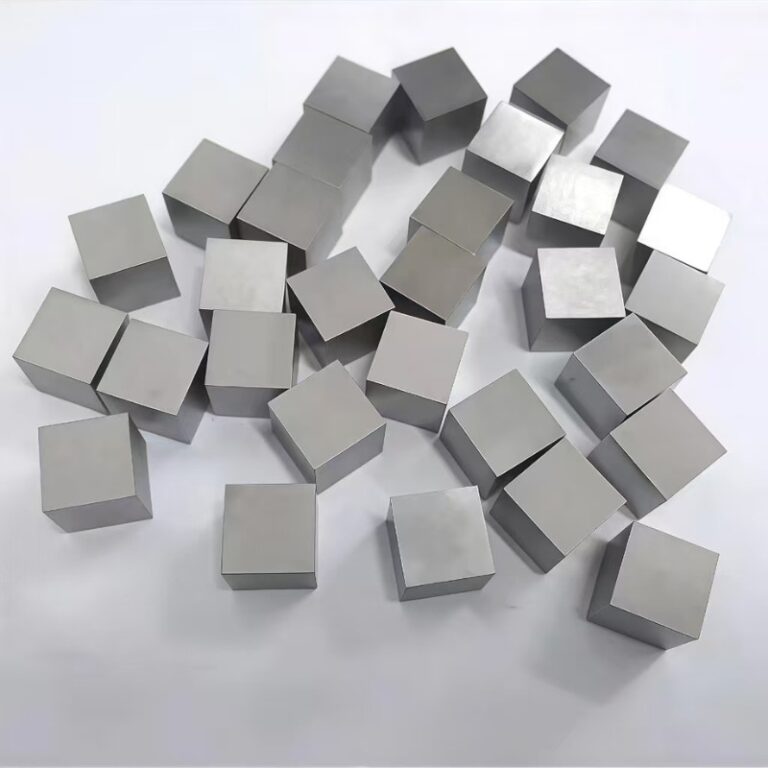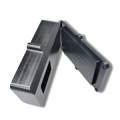Have you ever wondered why aluminum doesn’t rust like steel or iron? While aluminum is often advertised as “rust-resistant,” it’s much more than that, so let’s take a closer look and uncover the truth.
What is Aluminum
Aluminum, found abundantly in Earth’s crust (about 8%), was first isolated in the 19th century. Its lightweight and non-rusting qualities make it ideal for countless practical uses, including electronics, transportation, and even food preservation, impacting your life in more ways than you might realize.
Aluminum’s presence extends to daily life in soda cans, utensils, and window frames, showcasing its adaptability. Highly recyclable and energy-efficient in production, it plays a key role in sustainable development and modern engineering. This balance of strength, durability, and sustainability makes aluminum indispensable across industries and daily applications.
Does Aluminum Rust
Aluminum doesn’t rust because it forms a protective oxide layer, shielding itself from damage and staying durable for your needs.
Properties and Characteristics of Aluminum
Aluminum is a lightweight, versatile metal used in a wide range of industries including aerospace, automotive and medical. What makes it stand out is its natural resistance to corrosion. Unlike many metals, aluminum does not require an external coating to remain protected.
The secret lies in its ability to form a natural oxide layer upon exposure to air. This layer acts as a shield, preventing further damage from environmental factors like moisture and pollutants.
You’ve likely seen aluminum in soda cans, car parts, or window frames. Its combination of durability, recyclability, and low maintenance makes it a top choice for various applications.
The Difference Between Rust and General Corrosion
Rust and corrosion are often used interchangeably, but they’re not the same.Rust is specific to iron oxidation, creating reddish flakes, while corrosion affects all metals, including aluminum, and results from environmental factors like moisture, chemicals, or air exposure.
Here are their more detailed differences:
Rust: Specific to iron and its alloys (e.g., steel), rust occurs when water and oxygen react with iron to form flaky, reddish-brown iron oxide.
Corrosion: A broader term that applies to all metals, including aluminum. While aluminum doesn’t rust, it does corrode under certain conditions.
This distinction explains why your steel tools might rust in a damp basement, while your aluminum patio furniture remains mostly unaffected.
Aluminum and Rust: A Common Misconception
No, aluminum doesn’t rust because it lacks iron, but don’t let that fool you. While it’s resilient, aluminum still faces challenges from certain types of corrosion in tough environments—protect it wisely!

When aluminum is exposed to air for a long time, it forms a tough, protective oxide layer. This layer is highly stable and will not flake off like rust.
While aluminum may corrode under extreme conditions, such as prolonged exposure to saltwater or industrial chemicals, it still outperforms most metals in terms of durability.
Aluminum Oxidation and Corrosion Mechanisms
What is Aluminum Oxidation
Aluminum oxidation occurs when the metal reacts with oxygen to form aluminum oxide. Unlike rust, this oxidation process is beneficial, as the resulting layer protects the underlying metal from further damage.
Imagine a self-healing shield: if scratched, aluminum’s oxide layer regenerates almost immediately, restoring its protection.
What Causes Aluminum to Corrode
Although aluminum is highly resistant to corrosion, it is not completely immune and can suffer localized damage under certain conditions.
- Saltwater Environments: High chloride levels can cause pitting corrosion.
- Acidic or Alkaline Exposure: Extreme pH levels can degrade aluminum over time.
- Galvanic Corrosion: When aluminum contacts a more “noble” metal like copperor stainless steel, an electrochemical reaction may occur, accelerating corrosion.
The science behind aluminum’s slower corrosion rate
Did you know aluminum’s secret to lasting longer? Its natural oxide layer acts like a self-healing shield, protecting it from harsh elements.
Aluminum alloys vary in their resistance to corrosion. Here’s a quick comparison:
| Alloy Type | Corrosion Resistance | Strength | Best Uses |
| 100% Aluminum | Excellen | Low | Chemical equipment, food storage |
| 5052 Aluminum | Very High | Medium | Marine equipment, fuel tanks船用 |
| 6061 Aluminum | High | High | Aerospace, automotive, structural |
| 7075 Aluminum | Moderate (needs coating) | Very High | High-performance applications |
Key Takeaways:
- 5052 Alloy: Best for marine environments due to its saltwater resistance.
- 6061 Alloy: Balances strength and corrosion resistance for industrial applications.
- 7075 Alloy: Ideal for high-stress scenarios but requires extra protective coatings.
Factors That Affect Aluminum Corrosion Environmental Effects
Environmental factors like humidity, temperature, and pollutants play a big role in aluminum’s lifespan. Don’t underestimate nature’s impact—understanding these effects can help you protect aluminum and keep it performing at its best.
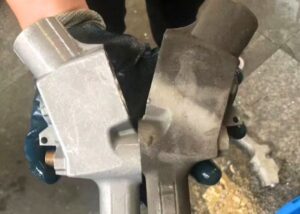
Humidity, temperature, and pollutants can influence corrosion rates. For instance:
- High humidity: Accelerates corrosion, especially in tropical climates.
- Temperature fluctuations: Can weaken aluminum’s protective oxide layer.
Galvanic Corrosion
This occurs when aluminum comes into contact with a dissimilar metal in the presence of an electrolyte (like water). To avoid this, use insulating materials or choose compatible metals.
Surface Contamination
Contaminants such as dirt, oil, or residues from manufacturing can trap moisture and create localized corrosion. Regular cleaning and degreasing are essential to maintain aluminum’s resistance.
Stress Corrosion Cracking (SCC)
When aluminum is subjected to tensile stress in a corrosive environment, microscopic cracks can form and propagate over time, weakening the material. This is more common in certain aluminum alloys, such as 7075. Reducing stress through design and using stress-relieved alloys can mitigate SCC.
Improper Coating Application
Coatings such as paint, anodizing, or powder coatings can fail if improperly applied or damaged. Pinholes or cracks in coatings allow corrosive agents to penetrate, leading to accelerated localized corrosion.
Aluminum in Saltwater Environments
Does Aluminum Rust in Saltwater?
While aluminum doesn’t rust, saltwater can cause pitting corrosion—a localized form of damage that appears as small holes. However, with proper coatings like anodizing or marine-grade paint, aluminum remains one of the most reliable metals for marine applications.
Effective Coatings and Protective Measures
- Anodizing: Strengthens the natural oxide layer and enhances resistance to saltwater.
- Powder Coating: Adds a tough, durable layer of protection.
- Wax Sealants: Simple and effective for smaller applications.
Protecting Aluminum from Corrosion
- Rinse: Clean aluminum surfaces regularly to remove salt, dirt, and pollutants.
- Inspect: Check for signs of corrosion, like pitting or discoloration.
- Apply Coatings: Use anodizing, painting, or powder coating for added protection.
- Avoiding Couple Corrosion: Prevent contact between aluminum and dissimilar metals (e.g., steel, copper) in the presence of an electrolyte (like water or saltwater). Use insulating materials or coatings to separate the metals.
- keep ventilated: Ensure aluminum structures are well-ventilated to avoid moisture accumulation, which can accelerate corrosion.
- Sacrifice anode:Sacrificial anodes are a commonly used electrochemical protection method,In marine or high-corrosion environments, attach sacrificial anodes (e.g., zinc) to aluminum structures to protect them through galvanic action.
How to Remove Rust from Aluminum
Practical Methods for Removing Corrosion
Removing corrosion from aluminum is easier than you think! In daily life, simple solutions like vinegar, baking soda, or even lemon juice can restore its shine—practical, affordable, and right at your fingertips.
Lemon Juice and Salt Paste
Mix lemon juice with salt to create a paste. Apply it to the corroded area, let it sit for 10-15 minutes, then scrub gently with a soft brush or sponge.
White Vinegar and Aluminum Foil
Soak a small piece of aluminum foil in white vinegar and use it to rub away rust. The chemical reaction helps dissolve corrosion.
Cream of Tartar
Make a paste using cream of tartar and a little water. Apply to the affected area, let it dry, then scrub with a soft cloth.
Soap and Water for Light Cleaning
For mild cases, wash the aluminum surface with warm soapy water and a soft sponge. Dry thoroughly to prevent further oxidation.
Chemical Treatments, Abrasives, and Professional Solutions
Phosphoric Acid-Based Cleaners
Use commercial aluminum cleaners containing phosphoric acid for severe corrosion. Rinse thoroughly and neutralize with baking soda to prevent damage.
Oxalic Acid Solutions
Oxalic acid is effective for removing stubborn stains and corrosion, but it should be diluted and handled with gloves and goggles.
Fine Grit Sandpaper
For surface-level corrosion, gently sand the area with fine-grit sandpaper (800-1000 grit) to avoid scratching the aluminum.
Commercial Abrasive Pads
Use non-metallic abrasive pads, such as scouring pads, for cleaning without leaving scratches.
Professional Anodizing Restoration
For large-scale or industrial applications, professional anodizing services can restore the aluminum’s surface and enhance corrosion resistance.
Aluminum Etching Cleaners
Apply etching cleaners to deeply etched surfaces, ensuring proper rinsing to avoid leaving residues that can cause further oxidation.
Maintenance Tips
Regular Cleaning
Wash aluminum surfaces monthly to remove dirt, pollutants, and salts that can accelerate corrosion.
Protective Wax Coating
Apply a layer of automotive wax or a similar product to create a protective barrier against moisture and air.
How to Maintain Corrosion Resistance After Cleaning
- Regular Cleaning
Regularly clean aluminum surfaces to prevent the buildup of dirt, salt, and pollutants, which can accelerate corrosion.
- Improve Environmental Conditions
Reduce exposure to corrosive environments, such as saltwater or acidic conditions. Install proper ventilation or use protective covers when necessary.
- Apply Protective Coatings
Use anodizing, painting, or wax coatings to create a barrier against moisture and corrosive agents.
- Store in a Dry Environment
Keep aluminum stored in a dry, well-ventilated area to reduce moisture exposure when not in use.
Through these measures, the corrosion resistance of aluminum can be effectively maintained after cleaning, prolonging its service life and preserving its superior appearance and performance.
Economic and Environmental Impact of Aluminum
Recyclability and Long Life Cycle of Aluminum
Aluminum is your eco-friendly ally! Its recyclability means less waste, and its long-lasting durability saves costs over time. Choosing aluminum isn’t just smart for your projects—it’s kind to our planet too!
Cost Comparison of Maintaining Aluminum Compared to Other Metals
Aluminum generally requires less maintenance than metals like steel, as it forms a natural oxide layer that resists corrosion. This typically makes it a lower-cost option over time, especially in low-corrosive environments.
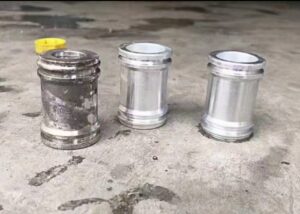
Comparisons with Other Metals
| Metal | Corrosion Resistance | Weight | Cost |
| Aluminum | High | Light | Moderate |
| Steel | Low (without coating) | Heavy | Low |
| Copper | Moderate | Medium | High |
| Stainless Steel | Very High | Heavy | High |
Common Applications for Aluminum Due to Its Corrosion Resistance
Aluminum’s corrosion resistance makes it an indispensable material in a variety of applications, including aerospace components, automotive frames, marine equipment, and more. From lightweight designs in transportation to maintenance-free outdoor structures, aluminum’s combination of strength and durability makes it the material of choice for industries focused on performance and sustainability.
The following are common applications of aluminum in various fields and their characteristic advantages:
1. Aerospace
Aluminum is a core material in aircraft manufacturing, used for wings, fuselage, and internal structures.
Its lightweight properties reduce fuel consumption and improve efficiency in aircraft.
Alloys like 7075 deliver exceptional strength, making them ideal for high-stress parts.
2. Automotive and Transportation
Aluminum reduces vehicle weight, improving fuel efficiency and reducing emissions.
Used in light rail cars and high-speed trains, aluminum lowers operational costs.
3. Construction
Known for its aesthetic appeal and durability, aluminum is widely used for building facades.
Its corrosion resistance makes it perfect for extreme weather conditions.
4. Marine
Aluminum’s resistance to saltwater corrosion makes it ideal for shipbuilding.
Commonly used in offshore platforms, buoys, and other marine applications.
5. Electronics and Technology
High thermal conductivity makes aluminum a go-to material for heat sinks and cooling systems.
Aluminum casings are lightweight and excellent for heat dissipation in phones, laptops, and smartwatches.
6. Packaging
Aluminum cans are lightweight, recyclable, and preserve the taste of the contents.
Used in food packaging to prevent oxidation and contamination.
7. Industrial Applications
Aluminum is widely used in mold production due to its machinability and thermal conductivity.
Used in the chemical industry for storing corrosive liquids.
Outdoor and Structural Uses of Aluminum
Aluminum has become the material of choice for outdoor and structural construction due to its high strength, beautiful appearance and easy plasticity. Whether it is in the facades of urban buildings, balcony railings, or bridges and highway facilities, aluminum can provide long-term durability and low maintenance costs.
Side-by-Side Comparison Based on Corrosion Resistance, Durability, and Cost
| Feature | Aluminum | Steel | Stainless Steel |
| Corrosion Resistance | Excellent, protected by natural oxide layer | Poor, prone to rust | Excellent, but higher cost |
| Durability | Good, suitable for long-term use | Moderate, requires corrosion protection | Excellent, but heavy |
| Cost | Low | Low | High |
Real-world example: Aluminum used in the construction of the Sydney Opera House
The Sydney Opera House, one of the most iconic buildings in the world, used aluminum in its design due to its exceptional corrosion resistance and lightweight properties.
The structure features a series of shell-like roofs made from white ceramic-tiled aluminum, which were chosen to withstand the harsh coastal weather of Sydney. This application of aluminum has allowed the Opera House to maintain its iconic appearance and durability, even in the salt-laden air of the harbor.
FAQs
Does Aluminum Corrode in Bathrooms or Near the Ocean?
Aluminum is resistant to corrosion, but in salty, humid environments like near the ocean, it can corrode over time, especially with direct exposure to seawater. The protective oxide layer helps but may degrade in highly salty conditions.
How Does Aluminum React with Air and Water?
When exposed to air, aluminum forms a protective oxide layer. In water, it reacts similarly, creating a protective barrier. However, in saltwater or acidic conditions, this layer can break down, leading to corrosion.
Do Aluminum Boats Rust?
Aluminum boats don’t rust like steel, but they can corrode, especially in saltwater. Protective coatings can help prevent this corrosion.
Does Aluminum Rust in Concrete, Freshwater, or Saltwater?
Aluminum does not rust like steel, but it can corrode in saltwater or high-alkalinity concrete. Freshwater generally does not cause rusting.
Conclusion
Aluminum doesn’t rust, but it does require proper care in extreme conditions. Its natural oxide layer, combined with advanced coatings, makes it one of the most corrosion-resistant materials available. Whether you’re building aircraft, designing marine equipment, or constructing outdoor structures, aluminum’s versatility and durability make it a standout choice.


